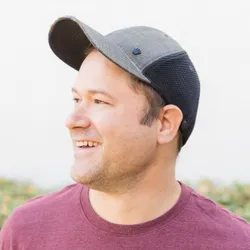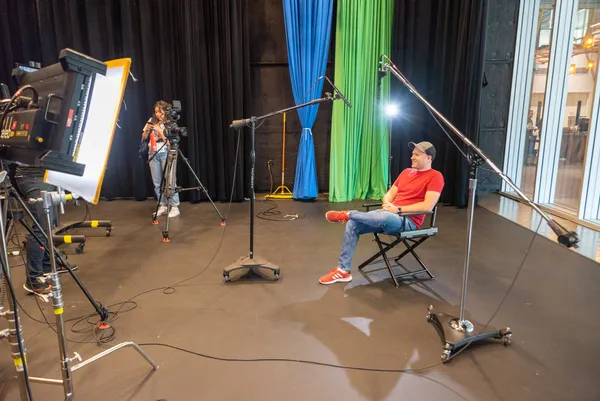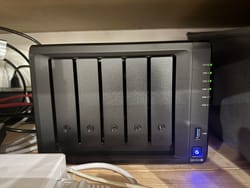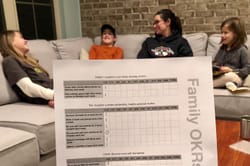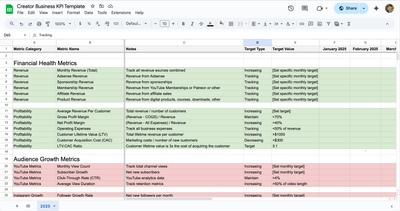On November 22, 2010, I was fired from my church. After serving as the youth pastor there for about 5 years, I was called to a surprise board meeting, heard a few confusing accusations, and was fired shortly thereafter.
That experience left me pretty dazed, partially because of the accusations and partially because I honestly didn't know who I was outside of youth ministry. I had dedicated 12 years of my life to that vocation, including an undergraduate and a graduate degree.
During the season of life that followed, I did a lot of soul searching. There were a few opportunities to work at other churches, but I was too gun-shy to accept any of those positions. In the meantime, I turned my blog, podcast, and YouTube channel into an income to support my wife and two little kids.
Part of my soul-searching included a few career books. One such popular book said this:
If you turn your play into your work, you never have to work another day in your life.
That made sense to me. I really loved content creation. I had an active blog, podcast, and YouTube channel. That was my play. What could be better than to make a living doing it?
Fast forward to about a decade later. Not only was I making a healthy living with content creation online, but I had started and grown an agency of full-time employees who were serving over 600 clients per year do the same.
From the outside, it looked like I was living the dream. I had a successful business and complete freedom over my time, all revolving around my "play."
But after 10 years of pursuing that dream, I learned that the book was wrong. Let me fix it for you:
If you turn your play into your work, your play becomes work and you must find new play.
In his book, "Drive: The Surprising Truth About What Motivates Us," Daniel Pink tells a story about someone who bought a horse and buggy because he enjoyed relaxing trips up and down his street. Both sides of the pavement were lined with mature trees that stretched out over the road to create a tunnel of shade and the sounds of birds chirping.
Someone else loved the idea of experiencing that trip in a horse-drawn buggy and offered to pay him for a ride. The man agreed. He thought, "What could be better than doing what I love and making money at the same time?"
His theory held true for the first few paid trips, but before long, he noticed that he didn't enjoy them as much as he used to when it was just him, his horse, and the nature around him. As more and more people paid him for the trip, the experience lost more and more of its appeal. Eventually, he sold his horse and buggy and quit going on trips altogether.
Daniel Pink's point is this (my paraphrase):
Money fundamentally changes your relationship with your play.
I felt this in my agency. It was great for many years, but 10 years later, I needed new play. So, I turned to woodworking, homesteading, and Brazilian Jiu-Jitsu to experience the necessity of play again.
That's not to say that introducing money to something you love is inherently bad. It's not! Let's just reframe the original book's premise to this:
Connect your work to your life's mission and you'll always find meaning in whatever form your career takes.
In my experience, thinking about work and play together is a poor match. Eventually, the play element will dissipate, leaving only work. But if you focus on identifying and pursuing your personal mission instead, no matter what your work is, you will always have a source of fulfilling and meaningful work.
For me, whether it's been in youth ministry, content creation, or growing a scalable coaching program, it's been about reaching people and changing lives. That's been my mission in any work I've had since I was a teenager.
Identify your mission, the thread that ties everything together for you, the thing that excites you, and pursue it in whatever work you do, whether it be in your workplace, your home, or your community. Pursue that in your work instead of pursuing play and build a business with purpose.
